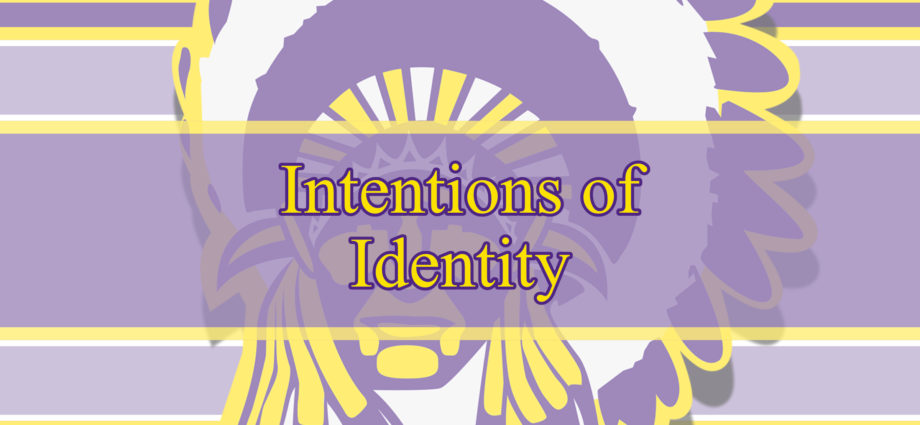Oral tradition is an ongoing legacy of strength, identity, and way of life that is passed down from generation to generation of Indigenous people. There was a time when all of our Indigenous ancestors stepped on turtle island, stepped on this earth from all walks of life. We have learned from these walks of life including from our non-human relatives. The bond that was in place with our non-human relatives was a take-and-give relationship. These relatives of ours spoke of wisdom, lessons, and much more — they are in our stories of creation, we refer to our clans in recognition of them, we honor them as our people, and they provide medicine for the people.
Language is a major component of the identity of Indigenous people. The words that are formed and spoken are more meaningful than the word itself. These words are a description, an ongoing exquisite sound that is heard. When language is spoken to those who understand, those listening can paint a picture in their mind of the beautiful colors and shapes from those words said. The language is heard by others, but who cannot hear?
A language that is spoken to another with the intention of being heard is hard when the one listening cannot hear anything but sound. This sound is unrecognizable. The listener is confused and lost; this is how our non-human relatives feel when the traditional tongue, the language of Indigenous people is not spoken.
It is important to understand that as we walk this earth, this turtle island that our non-human relatives are all around us, even our ancestors. The fact that we pass by them every single day and we do not even acknowledge them is probably tearing them up inside. They must be so lost and confused about what we are saying as we do not speak the traditional tongue they have come to know. Language is part of oral tradition and when it is not spoken, there is a gap. There is a disconnection where the more the gap grows, the strength, identity, and way of life weakens for Indigenous people.
When Indigenous people pass on oral traditions, they are passed with intention. The intentions to enact what signify and represent one’s peoples. There are a variety of oral discussions — ceremonies, harvesting, and even language. These oral discussions are not limited to these examples as the list goes on and on.
I encourage all Indigenous peoples to learn their language from whatever peoples and lands they come from. It does not matter how much or how little is known in the traditional tongue, speak it every day so those who know, can listen. They will be proud and overjoyed to hear a voice they understand, and they should be proud of themselves for speaking their people’s tongue.

